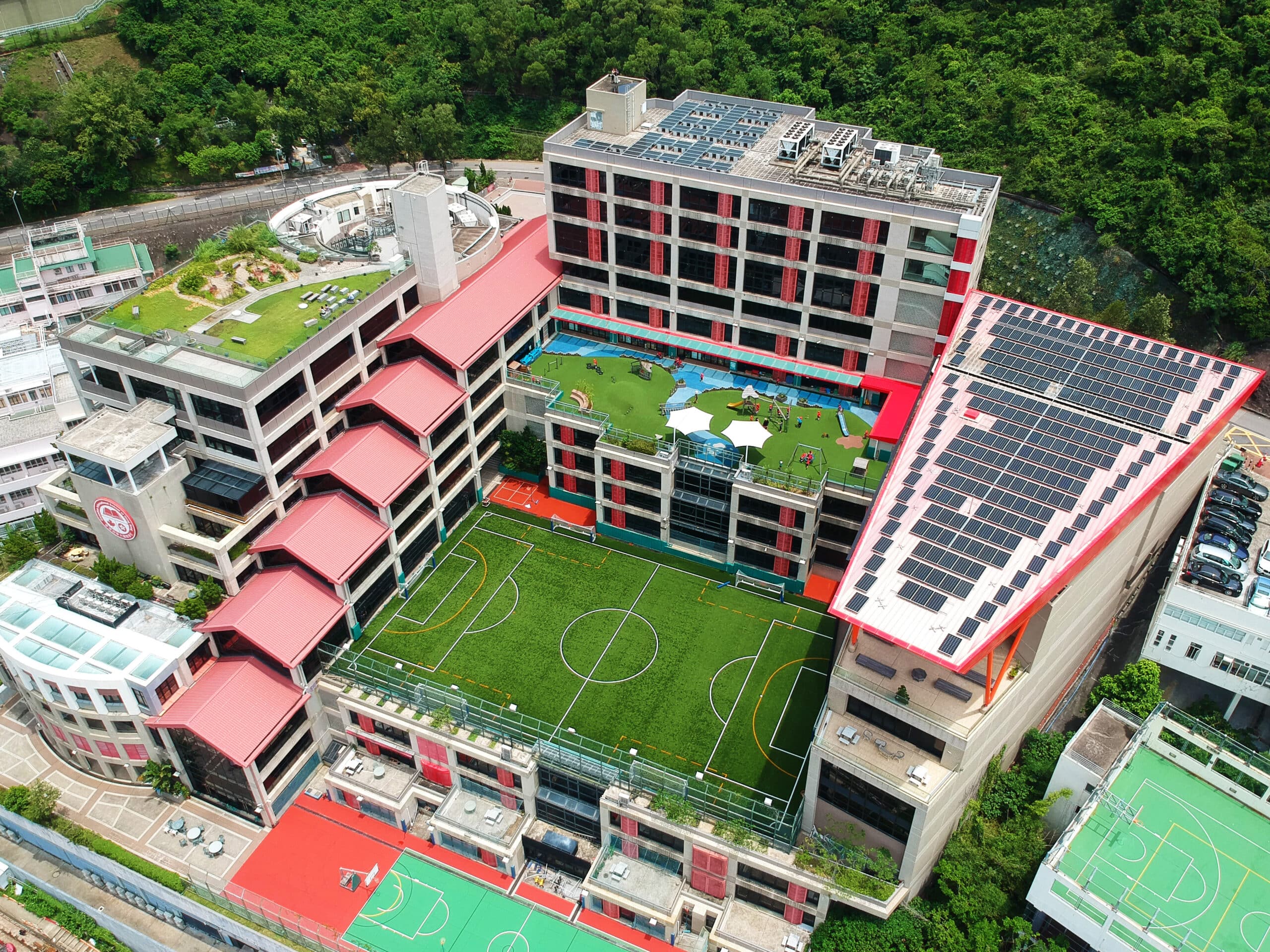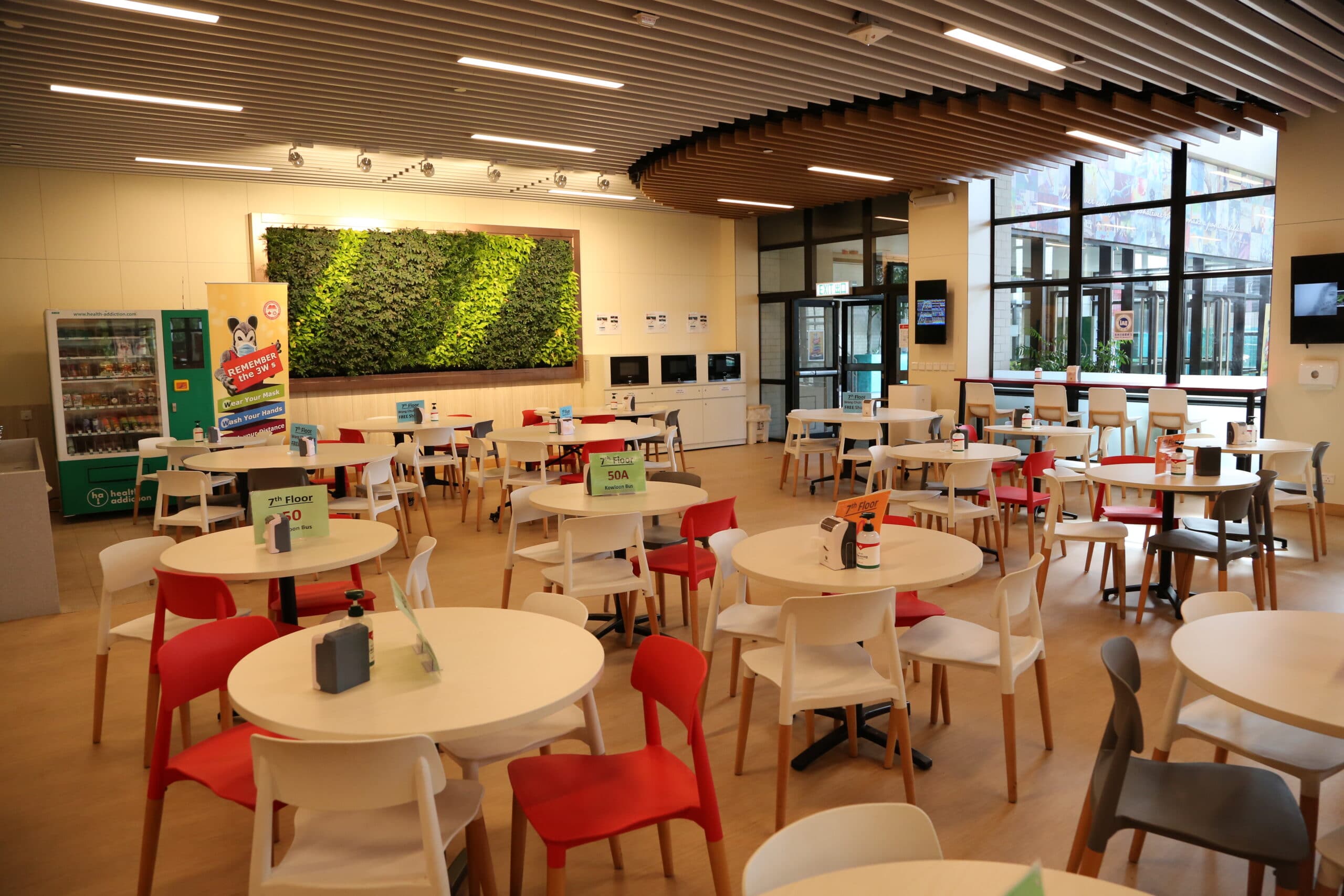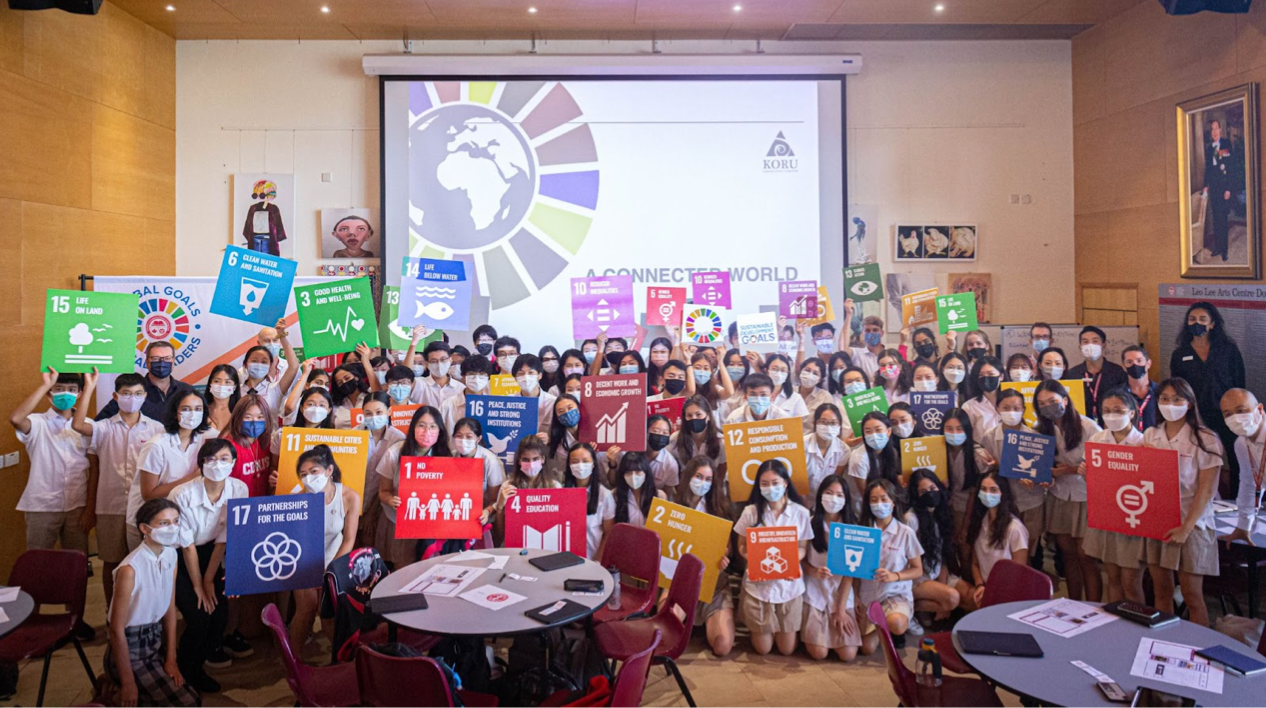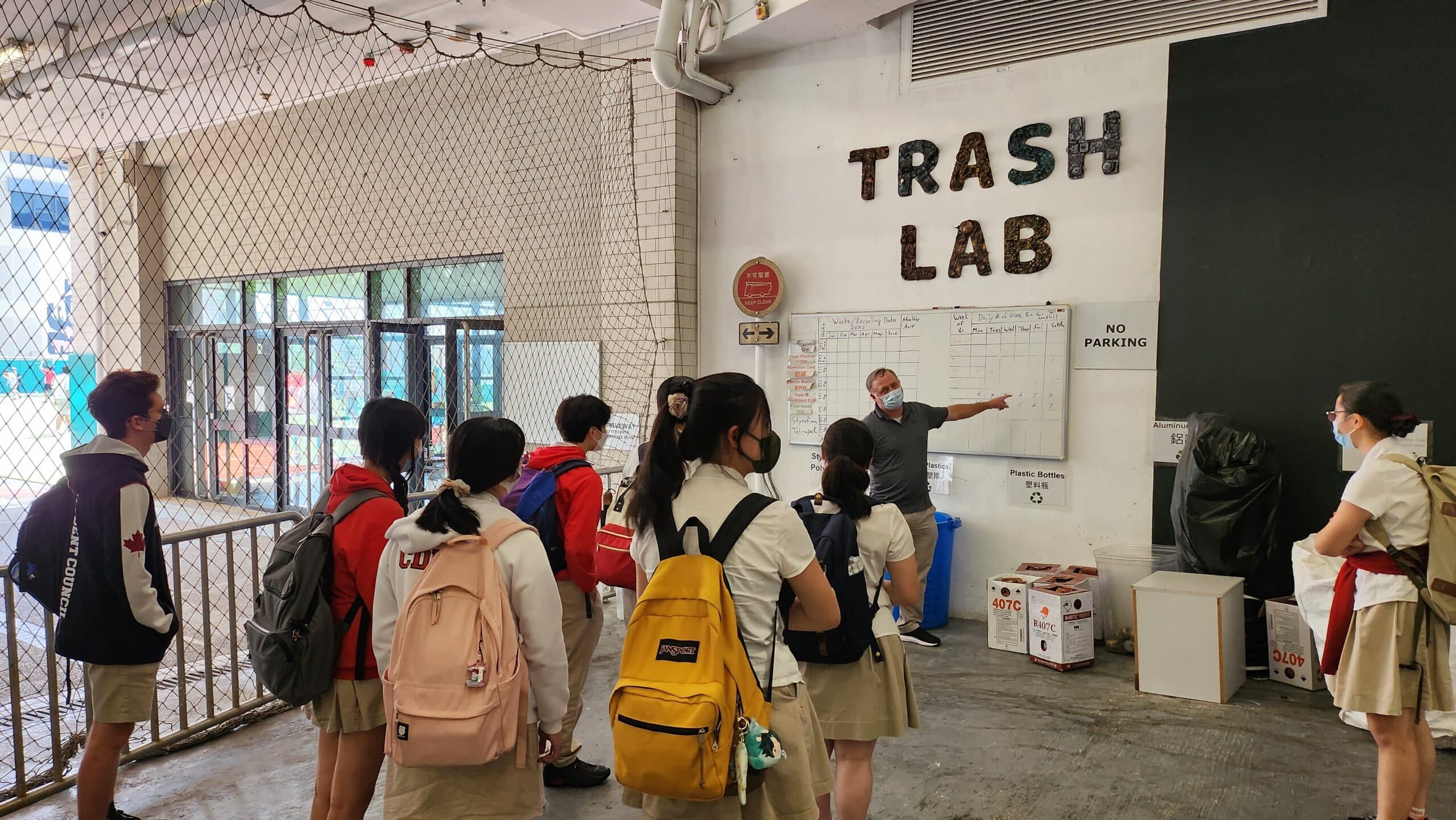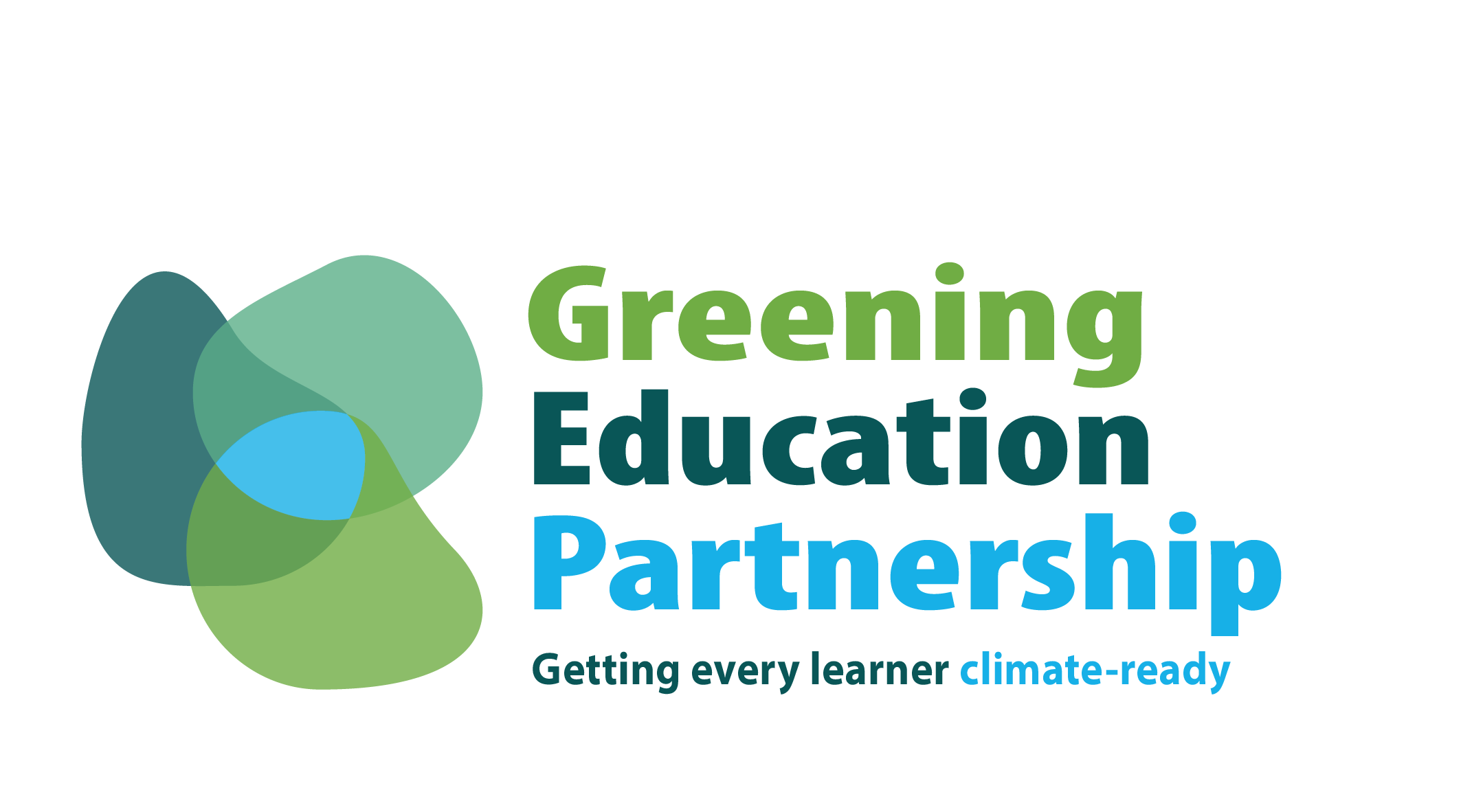
Sustainability at
Canadian International School of Hong Kong

Sustainability is a pillar that CDNIS considers in all of the strategic planning both short and long term. In all decisions related to the environment, social aspects and/or financial interest, we strive for balance, to be innovative, and to push our pursuit to make CDNIS a community of changemakers.
The CDNIS Strategic Framework outlines our school’s strategic goals in four priority areas: Programme, Facilities, Students & Community and Resources for the Future. Sustainability and our community’s contribution to sustainable development, including all 17 Sustainable Development Goals adopted by the United Nations, is interwoven within this framework.
Our Eco-Smart campus features a rooftop solar system which generates on average between 9,000 kWh per month in winter to more than 16,000 kWh per month in mid-summer. This helps us offset our consumption of purchased electricity and reduce the school’s Scope 2 carbon footprint by an estimated 85 metric tonnes of carbon dioxide equivalent per year.
Over the past 12 months, our Level 6 cafeteria, Level 8 classrooms and level 12 cafeteria renovation projects have achieved Platinum ratings for BEAM Plus Interiors (BI) v1.0 certification. Moving forward, we are committed to undertaking all campus development projects in accordance with robust standards for green building energy management and sustainability.
We work with our cafeteria operator, Maxim’s, to reduce food waste from our kitchens and cafeterias and to ensure that unwanted food trimmings and excess food are properly sorted for responsible disposal. We encourage our students to select only the type and amount of food that they can consume. In addition to providing training for our cafeteria workers on food waste reduction, separation and recycling, we collect data on food waste from our kitchens and cafeterias separately in order to keep track of contributions from these different sources.
The “Trash Lab” is our school’s centralised waste collection and sorting depot, from where all our recycling programmes are organised and facilitated. In addition to waste separation for plastic bottles, cans, and paper/cardboard, we also have collection points for e-waste and used Nespresso capsules, other clean plastics, Tetra Pak and styrofoam.
Our Education for Sustainable Development Report highlight the ways in which everyone at CDNIS is working towards that common goal and provides an overview of significant environmental, social and governance (ESG) impacts for CDNIS.
View Canadian School’s signing ceremony of the Sustainable Schools Charter.
